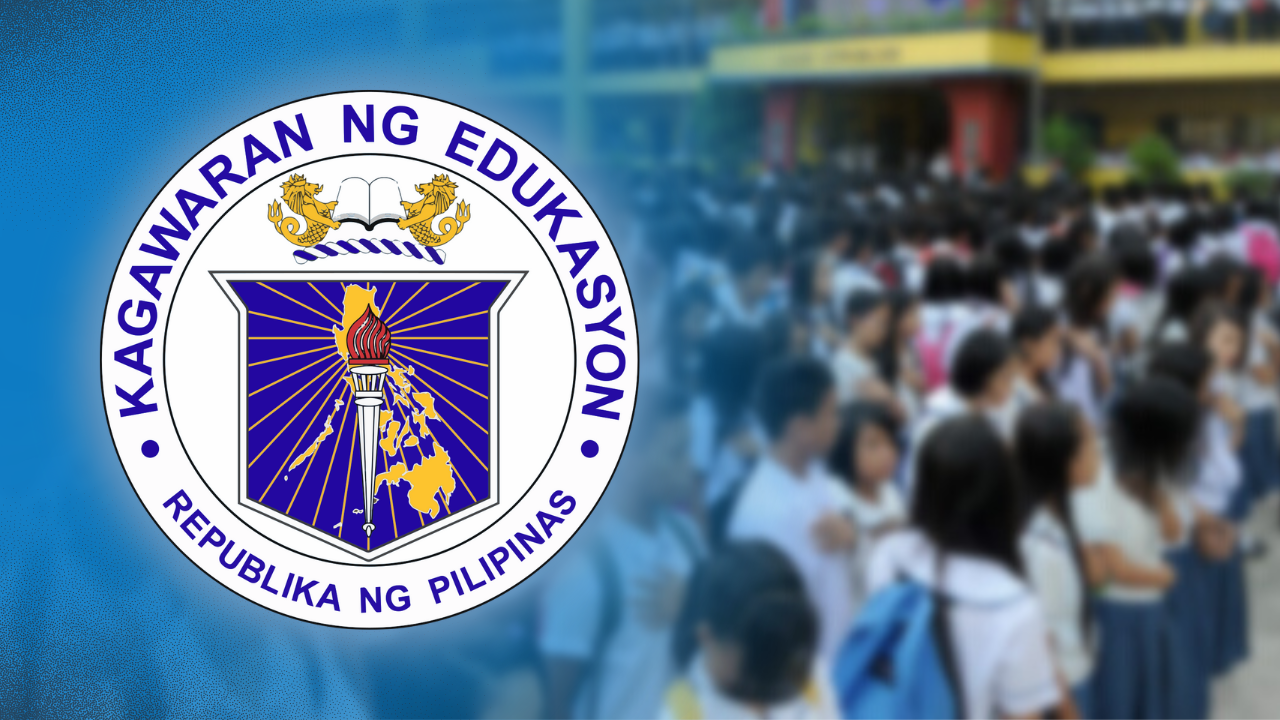DepEd: All public schools connected to internet by end of 2025

Composite image from Agence France-Presse/INQUIRER files
MANILA, Philippines — The Department of Education (DepEd) on Thursday said it intends to connect all public schools to the internet by the end of 2025.
The DepEd made the pronouncement after the launch of the National Fiber Backbone (NFB) Phase 2 and 3 on July 7 in Leyte, a program which delivers new connection points across different parts of the country to enhance bandwidth and access of provinces and government offices, including public schools in geographically isolated and disadvantaged areas.
READ: Marcos orders agencies: Prioritize power, internet access in schools
The DepEd, in a statement, tagged the NFB as a “game-changer,” especially with around 47,000 schools under the department — some without access to the internet.
“We cannot improve the quality of education if our schools are not connected to the world,” said Education Secretary Sonny Angara.
“Under the directive of President Ferdinand Marcos Jr., and with the help of the DICT and the entire government, we are promoting digital inclusion that truly embodies compassion,” he added, referring to the Department of Information and Communications Technology.
The DepEd said that together with the DICT and under the NFB, its Digital Bayanihan Project will reach last-mile schools.
The campaign includes the rollout of digital infrastructure throughout the archipelago, with its sub-program, the Bayanihan SIM Program, aiming to address mobile connectivity needs.
Over 113,000 learners, 3,800 teachers, and 357 public schools have been selected to receive free SIM cards with data access, while the initial rollout began on June 27 in Bulacan, Zambales, and Quezon.
Meanwhile, the Public-Private Partnership for School Infrastructure Project for Digitalization will chart the delivery of devices, solar-powered solutions, and satellite internet packages to underserved schools starting the 4th quarter of 2026.
One achievement DepEd took pride in was Bay-ang National High School in Ajuy, Iloilo, previously a “dead spot.” The school now enjoys free public WiFi through the project.
“It was very difficult for us to submit school reports, especially since almost all of them had to be submitted online. Back then, whenever there were online webinars, we had to go to places with internet access. But all of that changed when DepEd and DICT brought free Wi-Fi for all,” school head Harence Cacho said, as quoted by the DepEd. /das